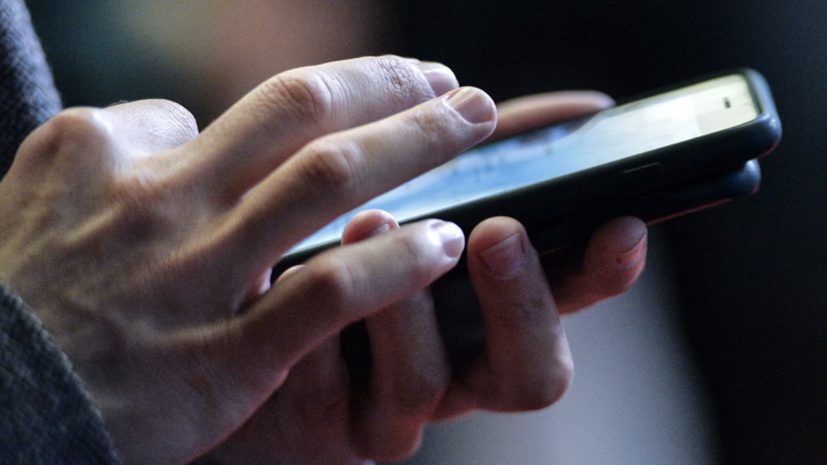Thus, the attackers "by mistake" transfer money to the victim's account and ask to send it to the person to whom it was supposedly intended using other details.
Promsvyazbank explained that such schemes are used for the subsequent illegal withdrawal of a larger amount from the client's account and other criminal actions, for example, money laundering obtained by illegal means.
Anatoly Bragin, deputy director of the information security department of Otkritie Bank, said that in order to force a potential victim to return the money on the terms of fraudsters, they resort to any pretexts, even threaten with criminal prosecution and court proceedings.
He noted that the client in no case should make independent attempts to resolve this situation.
Ak Bars Bank said that there is no need to spend money either, they said that it is necessary to understand that "if the client himself did not make any transfers and did not use other people's money, then he is clean before the law."
The Central Bank said that “if money came to your card from an unknown sender, and then he asked you to return it, tell the person that you are not against the return, but the sender himself must apply to his bank with a statement that he made an erroneous transfer ".
At the same time, as stated in the Bank of Russia, the client who received the money, in turn, must also contact his bank and inform that he received an unknown transfer, and then write an application for a refund of the money received by mistake.
Earlier, the Internet ombudsman Dmitry Marinichev, in an interview with the NSN, gave advice on protection against new telephone fraud, when attackers pose as police officers and work together with false bank employees.

